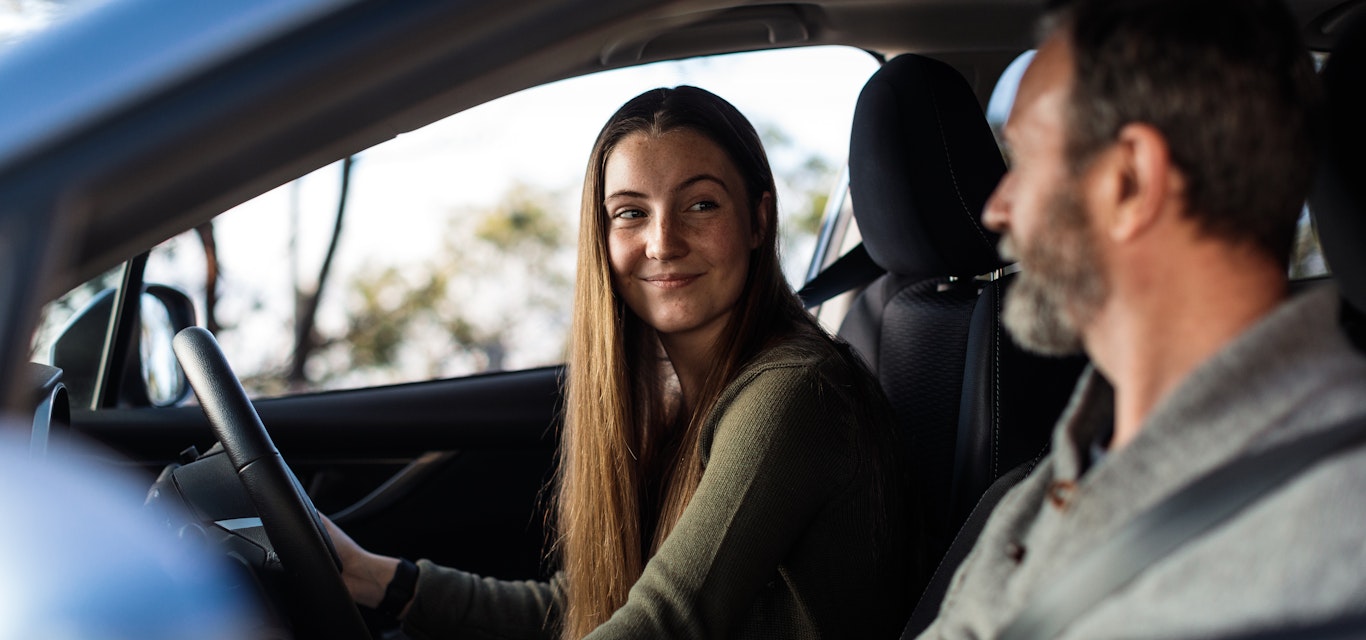Teaching young drivers needs more support
Mel Percival, RACT's General Manager Advocacy and Government Relations, hightlights the struggles parents and mentors face when teaching young drivers and the urgent need for better resources.
“Other than raising a decent human, the two things you’ve got to teach them is how to swim and how to drive safely, because they're going to be biggest life changing events”
So said a parent who was teaching their child to drive. There was plenty more wisdom like this that we heard from parents, grandparents, mentors and driving instructors in the passenger seat, while the young person they were teaching was in the driver’s seat, during our research for the Youth Road Safety Project.
We have asked driving supervisors (parents, guardians and mentors) in Hobart, Launceston, Burnie, Wynyard and Deloraine – with stops at RACT branches in between – about their experience of teaching young people to drive. What our community has told us has been eye-opening, inspiring and provided some great input to the project.
There’s a big difference between teaching your child to swim and teaching them to drive. One tends to be more stressful, challenging and demanding than the other. You can guess which one our mentors were referring to!
These workshops had a simple goal: to listen. We heard from more than 60 people who have stepped into this important role. Research shows that one of the biggest influences on how safe new young drivers are is the quality of teaching they get when they are learning. No pressure, driver supervisors!
Everyone agreed safety was important, but it wasn’t always consistently taught. Some supervisors sought more knowledge around new road rules, planning and staging the learning journey, or on how to teach practical skills to navigate Tasmania’s unique road hazards.
The main message from driver supervisors was clear: they needed more support. Participants said driver supervisors needed clearer guidance and would benefit from training on how to best teach young people, as well as simple co-designed resources that reflect the realities of modern driving.
Hearing directly from Tasmanians is one of the foundations to the Youth Road Safety Project. In this case we heard that improving mentor support and resources could improve road safety for all road users, not least new young drivers. It could also transform a stressful experience into one that’s more fulfilling for the driver supervisor and the young person, building stronger connections.
We’ll be working closely with young people themselves – as well as parents, experts, volunteers and professional instructors – to build support tools that meet the needs of our community. Working with our members and community on ways to solve this difficult problem is inspiring. This work is important and urgent. Tasmania's road toll has nearly doubled compared to this time last year, and young Tasmanians are tragically overrepresented in the statistics.
